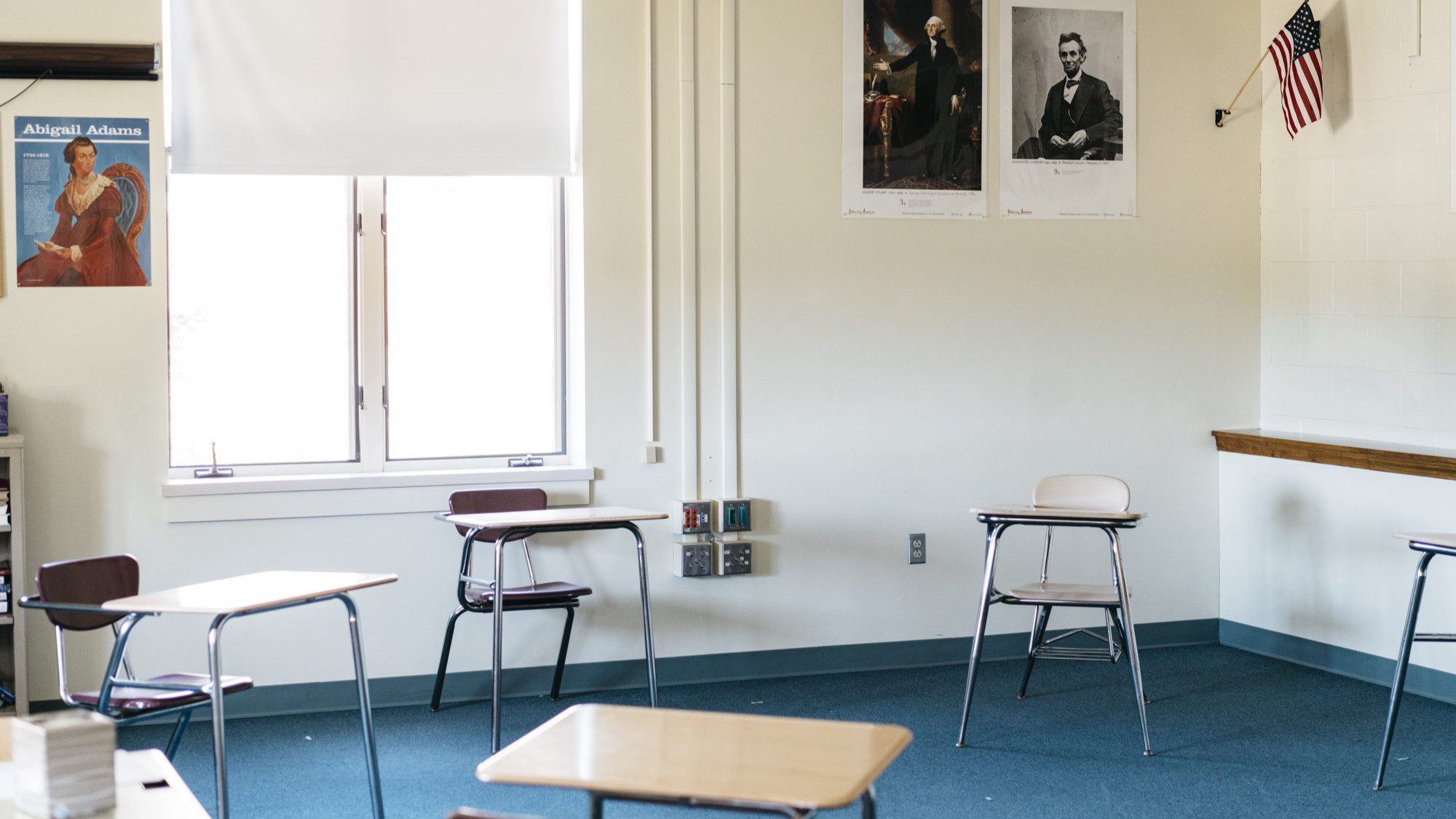Five new laws have been enacted in Maine in the past two years as a result, at least in part, of the perseverance of a family who had experienced racism at a private high school in Washington County and left the state because of fears for their safety.
The laws focus on new requirements and reviews for private schools to ensure compliance with the Maine Human Rights Act, along with strengthening the protections of the act.
In 2021, the first of the new measures, which requires that town academies meet the same requirements as public schools, in particular safety requirements aimed at preventing bullying or racist actions, was enacted.
The four other bills — LDs 100, 1420, 1613 and 868 — were just recently signed into law, after having been approved by the legislature this spring.
LD 100 reinstates the requirement that private schools in Maine that receive public funds provide an annual financial audit to the state. The legislation specifies that the requirement is for schools that enroll 60% or more publicly funded students, which includes Washington Academy (WA) in East Machias.
According to the Maine Department of Education (MDOE), the percentage of publicly funded students at Maine’s private schools is nearly 90%.
Concerns had been raised recently about the lack of financial accountability for the private high schools that actually receive most of their monies through public funding.
The new requirement, along with some of the other new laws, had been opposed by the private schools during public hearings and the legislative process.
Natalia Kempthorne‑Curiel and her parents, Nathan and Esther Kempthorne, were the prime movers for getting the laws passed.
A former Spanish teacher at WA, Esther Kempthorne had experienced racist incidents at the school, including finding a noose in her classroom, and their daughter in 2020 started a petition for positive changes at the school.
Among other demands, her petition had stated that because the school receives local, state and federal funding, the school’s budget “should be transparent to students, parents and teachers and the broader community to hold the school accountable and keep the entire student body safe.”
LD 1420 requires periodic reviews by the commissioner of education of both public and private schools that receive public funds to ensure they are in compliance with the Maine Human Rights Act, health and safety requirements and basic school approval standards, among other requirements.
In addition, a school will be inspected if a petition is submitted by 60% of the parents of the children in the school or 20% of the voters in the school unit of a sending school administrative unit, or if the school board of a sending school administrative unit requests an inspection.
Nathan Kempthorne commented that the bill “is a direct result of my wife Esther Kempthorne’s work to expose the lack of MDOE oversight of these schools,” along with his daughter Natalia’s petition, which had sought an independent investigation into reports of discrimination at WA and an independent review of steps taken to combat racism and harassment and ensure inclusivity.
Another of the bills that was enacted, LD 1613, requires law enforcement agencies to select and train civil rights officers. It also prohibits profiling by a law enforcement officer based on race, gender, ethnicity and certain other personal characteristics.
Kempthorne says that the civil rights officer requirement occurred because emails from the Maine Attorney General’s Office obtained through a Freedom of Access request “revealed that when my family needed a civil rights officer there were none in our county.”
Finally, LD 868 strengthens the protections of the Maine Civil Rights Act by prohibiting someone from interfering with another person’s civil rights by engaging in conduct that causes emotional distress or fear of violence.
Examples of such behavior include trespassing on someone’s property to burn a figure in effigy or to fumigate someone’s property with pesticides, when the action is motivated by reasons of race, color or other certain personal characteristics.
Kempthorne said this bill “happened because internal emails from the AG’s office showed they were not going to investigate anything that happened to my family because there was no property damage.”
Kempthorne said while legislators “used my family’s experience as the reason to pass” these laws, “they have never formally acknowledged my daughter or what she did, nor my wife and oldest daughter for what they also continue to survive every day.”
This story was originally published by the Quoddy Tides, and is republished here with permission.







